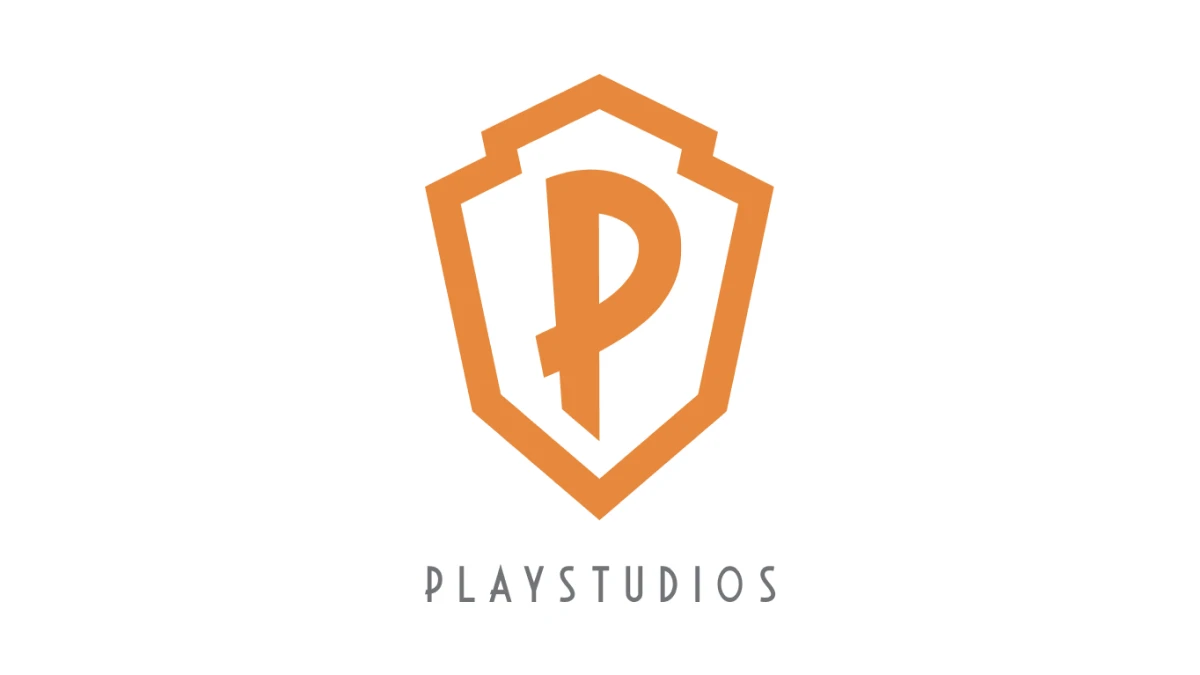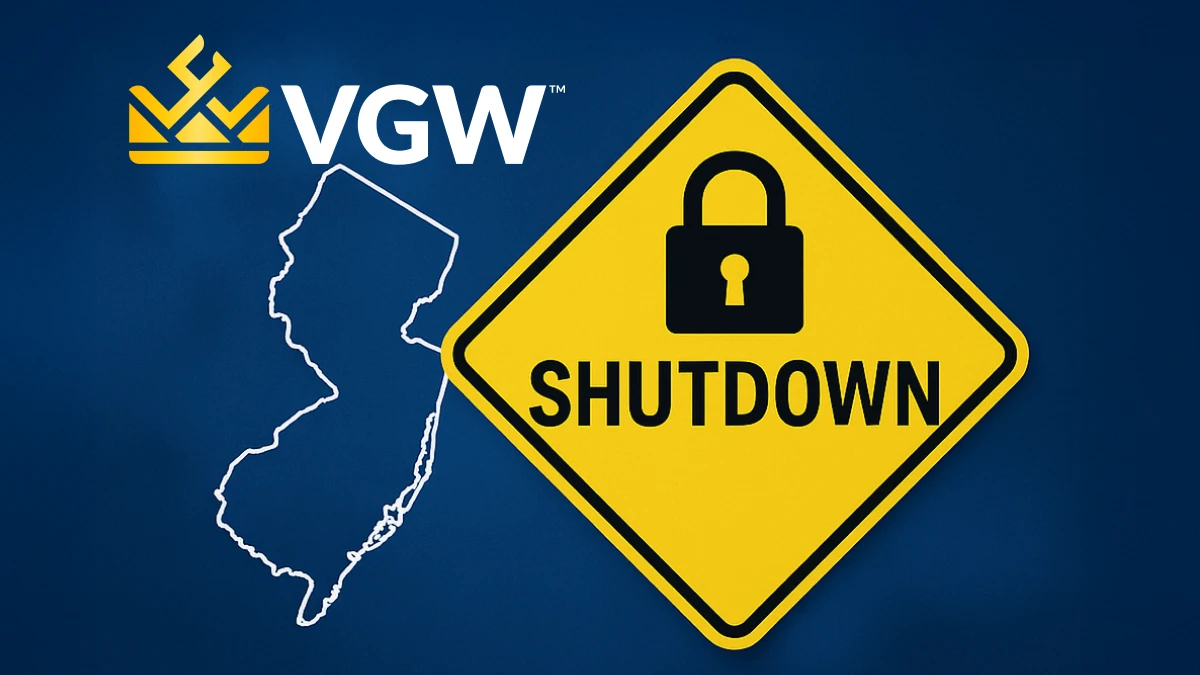Playstudios Set for US Launch by Year-End

1.0
Default
Social gaming site Playstudios has just announced that it will enter the United States market before the end of the year, and just ahead of this particular expansion in the US, its CEO, Andrew Pascal, answered questions about the changing regulatory and legal landscape in the country.
Social gaming developer Playstudios is preparing to launch a new sweepstakes platform featuring casino-style gaming across the "full footprint of qualified US states" later this year. The move, announced during the company's Q2 earnings call, positions Playstudios to compete in a sector that is both growing rapidly and facing increasing regulatory scrutiny.
Chief Executive Officer Andrew Pascal used the investor presentation to outline the company's market strategy, address legal hurdles, and explain how proprietary content will help set its offering apart.
Leveraging proprietary content to compete
Founded in 2011, Playstudios has a long history in social gaming, with operations rooted in California, Texas, and Nevada. Pascal emphasized that the company's experience and in-house game library will be key advantages in the competitive sweepstakes casino market.
"One of the things that we're investing in is leveraging our vast library of proprietary game content," Pascal said. "We know how social mechanics and progression systems drive deeper engagement and make for a more compelling experience. By introducing more of our own proprietary content, we're going to further differentiate ourselves from our peers."
Playstudios' sweepstakes platform will enter a market currently dominated by operators like VGW (LuckyLand Slots, Chumba Casino, and Global Poker) and ARB Interactive, with Modo.us. The company is also a member of the Social Gaming Leadership Alliance, a coalition aimed at promoting responsible and sustainable sweepstakes operations.
State-by-state strategy in a changing legal landscape
Despite optimism about the platform's launch, Pascal acknowledged that the sweepstakes market is far from stable. This year, New Jersey, Montana, New York, and Connecticut have already banned sweeps casinos, while California legislators are considering similar restrictions. States including Mississippi, Louisiana, Arizona, and Maryland have issued cease-and-desist letters to operators.
Pascal explained that Playstudios will take a cautious, data-driven approach to entering and investing in each market. "Our approach is probably not all that different from most everybody else in the space, which is that we look at the market overall on a state-by-state basis," said Pascal. If a market we think is reliable becomes higher risk, we'll moderate our spend there. It's dynamic and it will be actively managed, he added. This flexible approach means marketing investments will rise or fall depending on the regulatory climate in each state.
Commitment to legitimizing sweepstakes gaming
Pascal also positioned Playstudios as an advocate for maintaining the legality of sweepstakes gaming in the United States. "We intend to be very active in trying to help bring more credibility and legitimacy to this opportunity," noted Pascal. "We're employing sweepstakes mechanics as a promotional tool, the way they are intended. We want to make the case for how and why this model should be embraced and supported, rather than opposed."
By aligning with industry groups and promoting responsible practices, Playstudios hopes to counteract legislative efforts aimed at shutting down sweepstakes operations.
Launch expected before end of 2025
If legal conditions allow, Playstudios expects its sweepstakes website to be operational across all compliant US jurisdictions before the year ends. The platform will feature proprietary casino-style games enhanced with social gaming elements - a blend the company believes will attract and retain players in an increasingly crowded market.
Playstudios will need to adapt quickly to protect its investment and ensure compliance to deal with the legal landscape. For now, Pascal's message is clear: the company is ready to enter the space with a product it believes can stand out, even in turbulent regulatory waters.



















